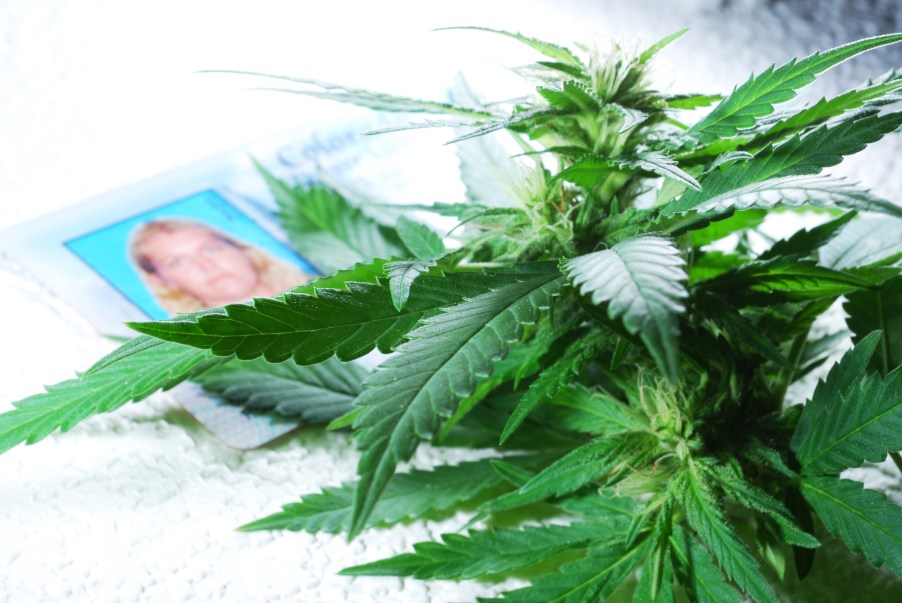
Here’s how cops test drivers for marijuana
You already know it’s illegal to drive drunk. But did you know drivers can also get charged with Driving Under the Influence (DUI) for marijuana? But it’s a little harder for cops to prove. Here’s how police officers test drivers for marijuana.
How do cops test drivers for marijuana?
If a police officer pulls you over after you have ingested marijuana there are a few key signs that give being high away.
First of all, cars will often smell like marijuana even if people don’t smoke in them. The smell clings to your clothes, breath, and hair. Also, you might have red eyes, delayed reactions, poor coordination, anxiety, or panic.
But those signs aren’t enough to book you. Police officers need to test drivers for proof of marijuana in your system. But there isn’t a simple blow test like there is with alcohol.
Instead officers will want to test your saliva, urine, or blood, which is done at the police station. They may also have people step out of their cars to perform field sobriety tests.
In some states, refusing a sobriety test is fine. However, refusing to take a breathalyzer or provide bodily fluid samples may cause implied consent.

Plus, you could automatically lose your license for up to a year even if you don’t get charged with a DUI or DWI.
If you’re in a situation like this please contact a lawyer for advice. Implied consent could be used to claim that you didn’t take a blood test because you were guilty.
Also, testing for THC in the blood, saliva, and urine doesn’t let officers know how long ago you used marijuana or how much of it was ingested.
Some states have a legal limit of five nanograms of THC per millimeter in the blood of drivers. In states with zero-tolerance laws, it’s illegal to drive with any amount of THC in your system.
Driving under the influence of marijuana is dangerous as it decreases your response time, and impairs your coordination. Each of which increases the risk of accidents and injuries.



